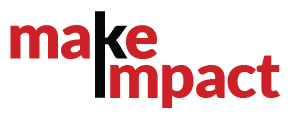Public sector, foundation and other not-for-profit partners know the value of robust design, innovation, makerspace and entrepreneurship ecosystems.
Universities play an indispensable role in educating the talent that start new companies and bring innovative ideas to established companies in the communities that surround campuses.
Design, innovation, makerspace and entrepreneurship energy and resources created on campus inevitably affect the communities around them leading to economic development, including job growth, wealth creation, and physical infrastructure improvements.
There are numerous examples of organizations (and systems of organizations) mirroring on-campus facilities and services, providing community member access to advanced tools and process. Access to tools, machines and people to advise and mentor and invest in small businesses can turn into extraordinary benefits to communities.
And government, NGO, public sector and not-for-profit organizations that are attempting to solve challenges, and address opportunities can help define and refine ideas that turn into themes for design challenges. Imagine hundreds of students, dispersed around the world focused on a design challenge solving problems related to poverty abatement, public transit limitation, safe water sourcing, education, or healthcare needs.
The Make Impact Consortium leadership invites inquiries to help us find organizations with needs to help us identify needs that students at Consortium members schools will help solve.
When one considers the triangulation of corporate partner engagement, providing access to goods and services and training that students design-into solutions for public sector partners, one has a more complete understanding of the impact the Make Impact Consortium was designed toi address, and resolve.

